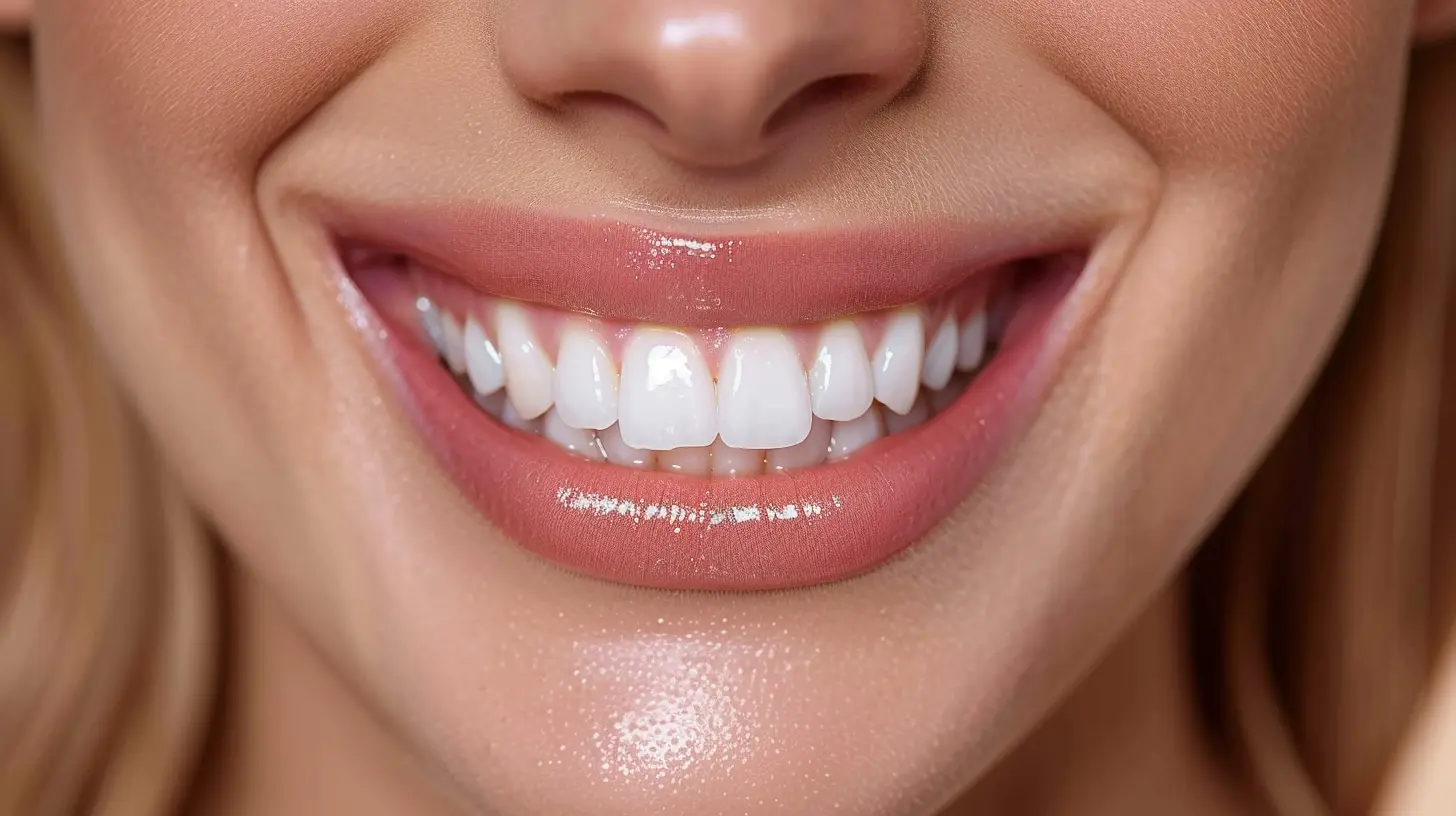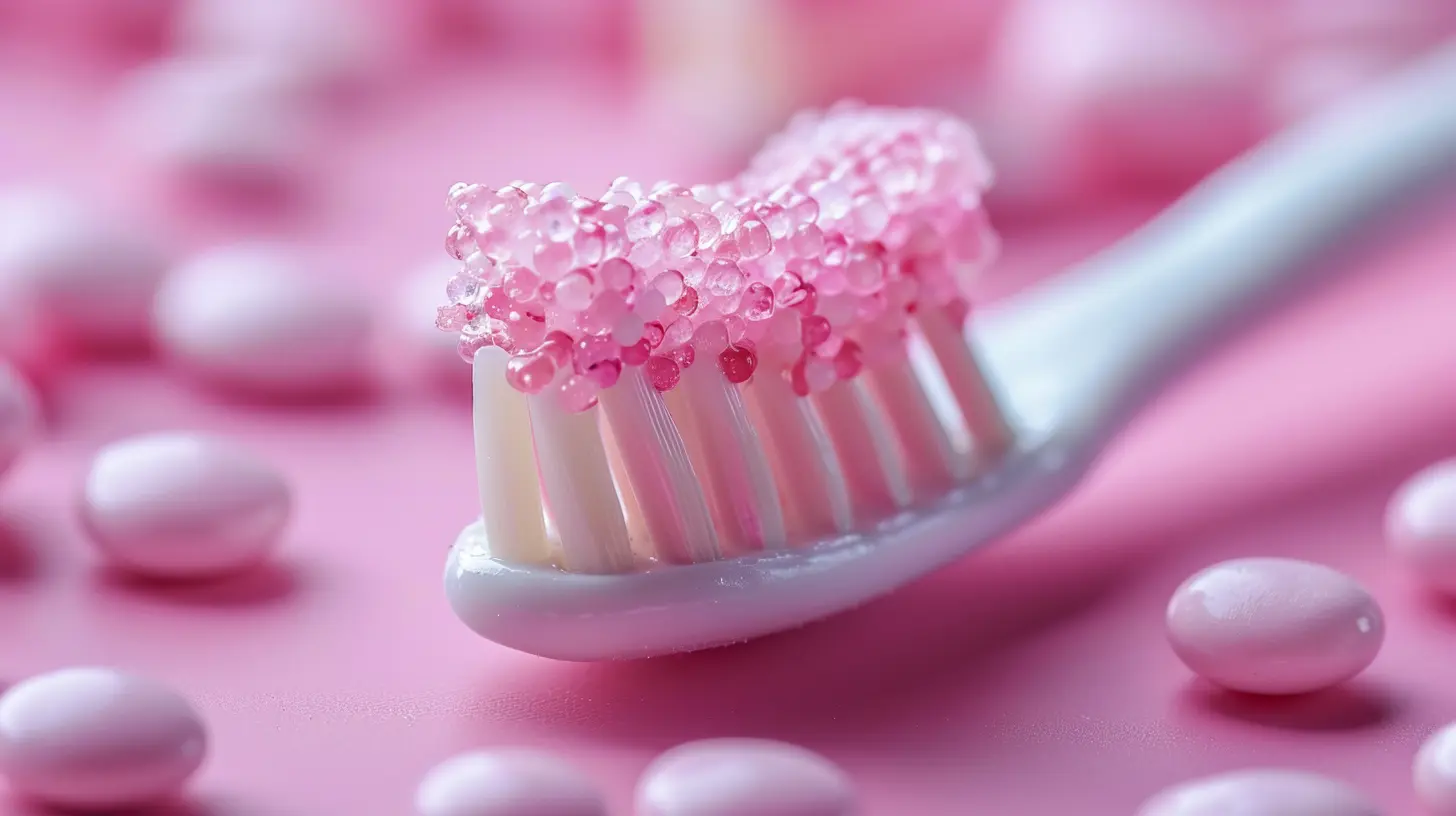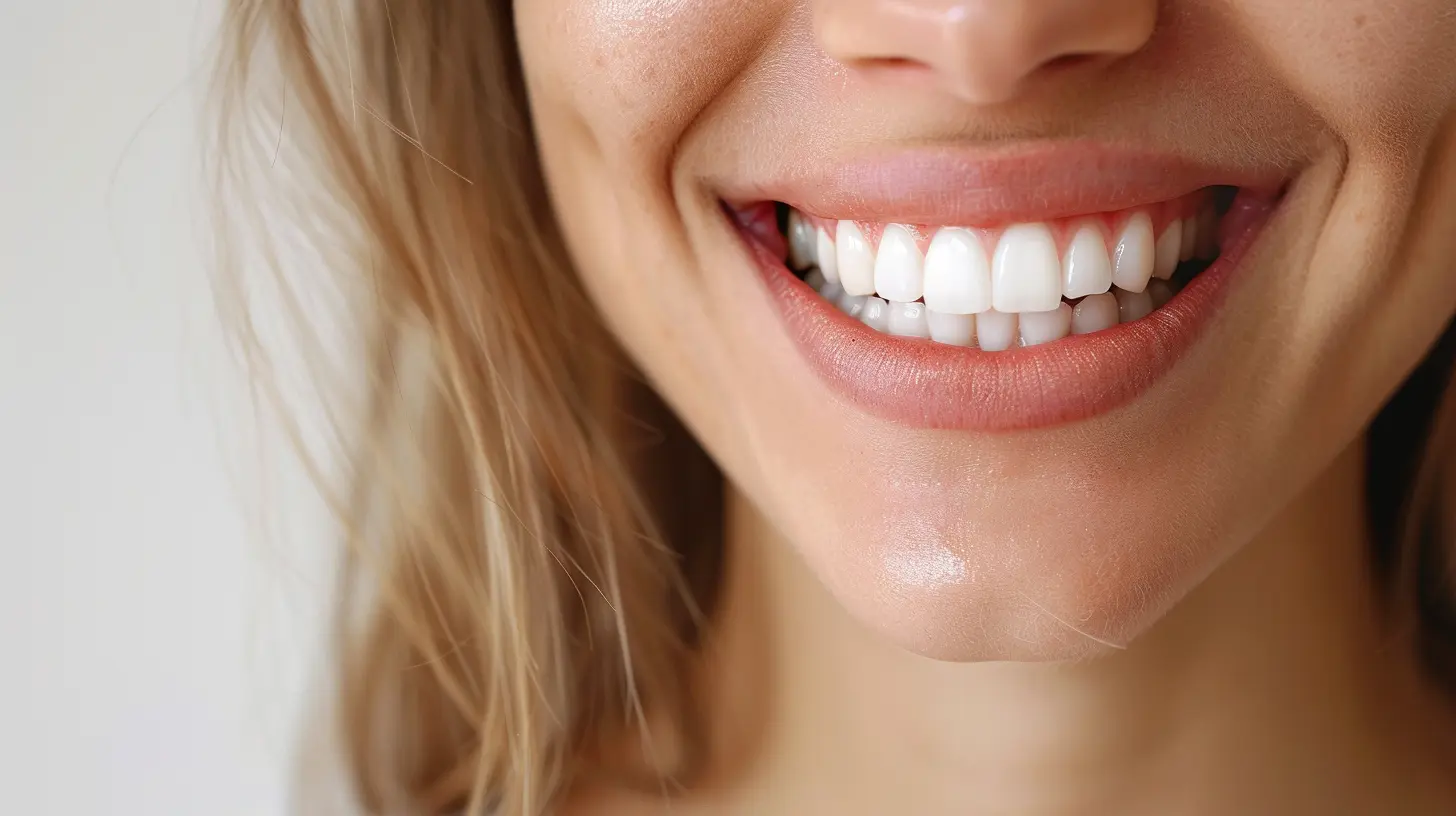Is Sugar-Free Gum Really Good for Your Teeth?
17 June 2025
Everyone loves a piece of gum now and then, but if you’ve ever wondered whether sugar-free gum is actually good for your teeth, you're not alone. Some claim it helps prevent cavities, while others argue it’s just another marketing gimmick. So, what’s the truth? Let’s break it down. 
What Happens When You Chew Sugar-Free Gum?
When you chew gum, your mouth produces more saliva. This may not sound like a big deal, but saliva plays a huge role in keeping your teeth healthy. It helps wash away food debris, neutralizes acids from bacteria, and keeps your enamel strong by restoring minerals.With sugary gum, you’re feeding the bacteria in your mouth, leading to acid production and, eventually, cavities. But sugar-free gum eliminates this issue, making it a potentially healthier option. 
The Science Behind Sugar-Free Gum and Teeth Health
1. Saliva Production and Acid Neutralization
Chewing gum stimulates saliva flow, which helps neutralize harmful acids produced by bacteria in your mouth. This reduces the risk of enamel erosion and strengthens your teeth.2. Xylitol: A Secret Weapon Against Cavities?
Many sugar-free gums contain xylitol, a natural sweetener that offers additional benefits for your teeth. Xylitol can actually starve harmful bacteria, preventing them from producing the acid that causes cavities. Over time, this can lead to a significant reduction in tooth decay.3. Plaque Reduction
Regularly chewing sugar-free gum may help reduce plaque buildup. Since plaque is the sticky film that harbors bacteria, minimizing it can lower your chances of developing gum disease and cavities.4. Strengthening Tooth Enamel
Some sugar-free gums are fortified with ingredients like calcium and phosphate, which help remineralize tooth enamel, making your teeth stronger and more resistant to decay.
Is Sugar-Free Gum Safe for Your Teeth?
For the most part, sugar-free gum is a safe choice for maintaining oral health. However, here are a few things to keep in mind:1. Not a Replacement for Brushing and Flossing
Chewing gum is beneficial, but it’s no substitute for brushing and flossing. You still need a proper oral hygiene routine to keep your teeth in top shape.2. Watch Out for Artificial Sweeteners
Some sugar-free gums contain artificial sweeteners like aspartame or sorbitol. While they are generally recognized as safe, excessive consumption can lead to digestive issues for some people.3. Jaw Issues from Over-Chewing
Chewing gum all day long isn’t the best idea. Excessive chewing can strain your jaw muscles and lead to discomfort or a condition called TMJ disorder.
When Should You Chew Sugar-Free Gum?
If you want to maximize the benefits of sugar-free gum, timing matters. Here’s when you should pop a piece:- After meals – Helps wash away food particles and neutralize acids.
- When you can’t brush – If you’re on the go and don’t have a toothbrush handy, sugar-free gum is a good temporary fix.
- To combat dry mouth – If you struggle with dry mouth, chewing gum can stimulate saliva and keep your mouth moist.
Does Every Sugar-Free Gum Benefit Your Teeth?
Not all sugar-free gums are created equal. Some brands include xylitol, while others rely on artificial sweeteners without any real dental benefits. When choosing gum for oral health, look for brands that contain xylitol, calcium, or phosphate, as these ingredients provide extra protection for your teeth.The Verdict: Is Sugar-Free Gum Really Good for Your Teeth?
Yes! Sugar-free gum can be good for your teeth, especially when it contains xylitol. It helps increase saliva production, neutralize acids, and even reduce harmful bacteria. However, it shouldn’t replace proper oral hygiene. Brushing, flossing, and regular dental check-ups are still essential.So, if you enjoy chewing gum, swapping your sugary gum for a sugar-free version is a smart move. Your teeth will thank you!
all images in this post were generated using AI tools
Category:
Healthy TeethAuthor:

Jackson Mahoney
Discussion
rate this article
2 comments
Adeline Bass
Absolutely, sugar-free gum is beneficial for your dental health! It stimulates saliva production, which helps neutralize acids and wash away food particles. Chewing sugar-free gum regularly can significantly reduce the risk of cavities and improve overall oral hygiene. Why not make it a part of your daily routine? Your teeth will thank you!
June 19, 2025 at 3:40 AM

Jackson Mahoney
Thank you for your insights! Yes, incorporating sugar-free gum into your daily routine can indeed support dental health by enhancing saliva production and reducing cavity risk. It’s a simple and effective way to boost oral hygiene!
Phoenix Wells
Great article! It's insightful to understand the benefits of sugar-free gum for oral health. A practical option for those looking to maintain their dental hygiene. Thank you!
June 17, 2025 at 4:20 PM

Jackson Mahoney
Thank you for your kind words! I'm glad you found the article insightful. Maintaining dental hygiene is essential, and sugar-free gum can be a helpful tool.


